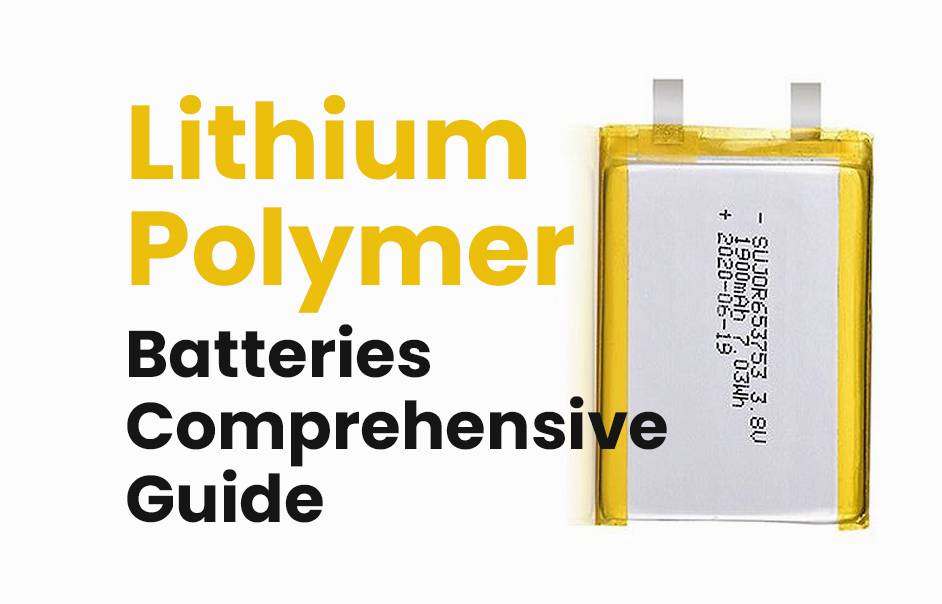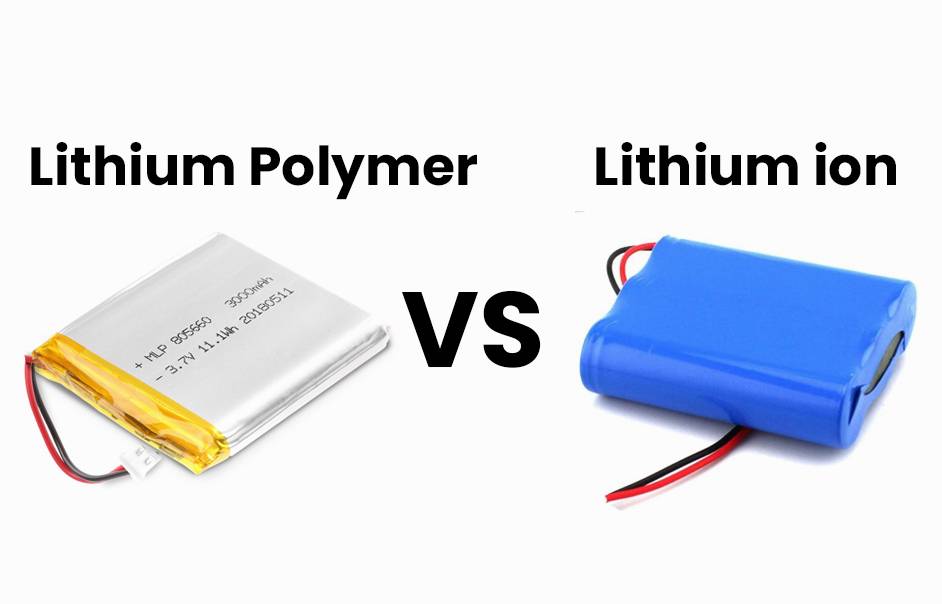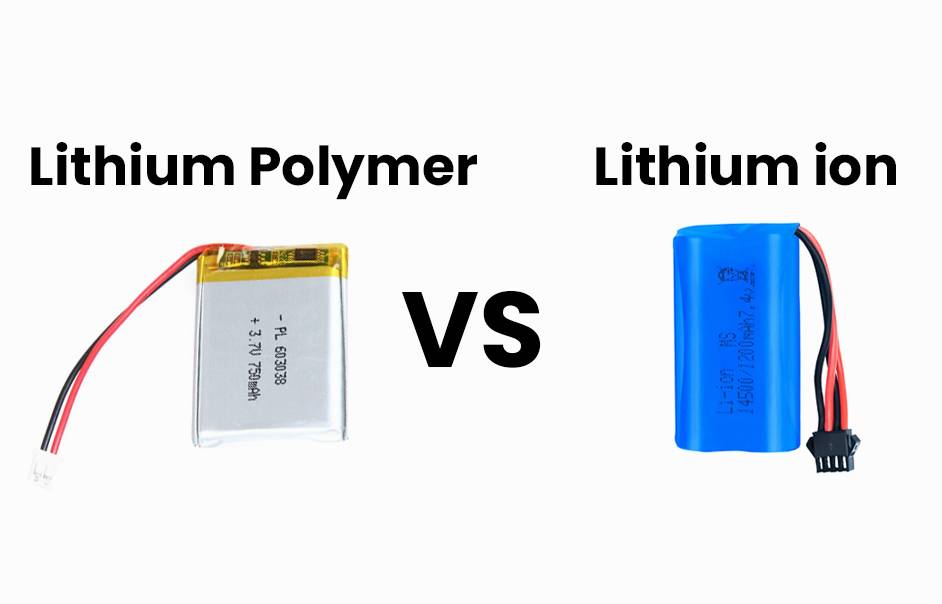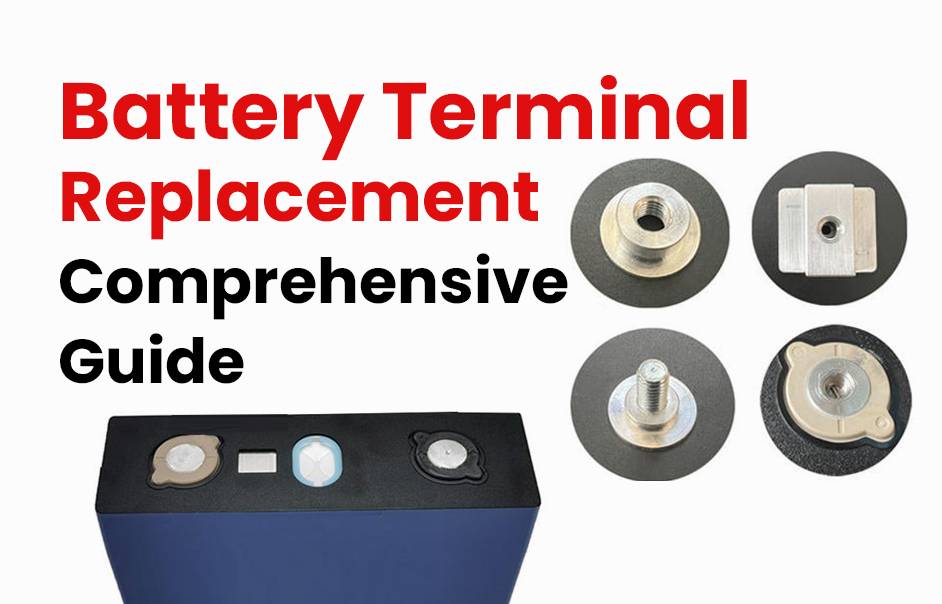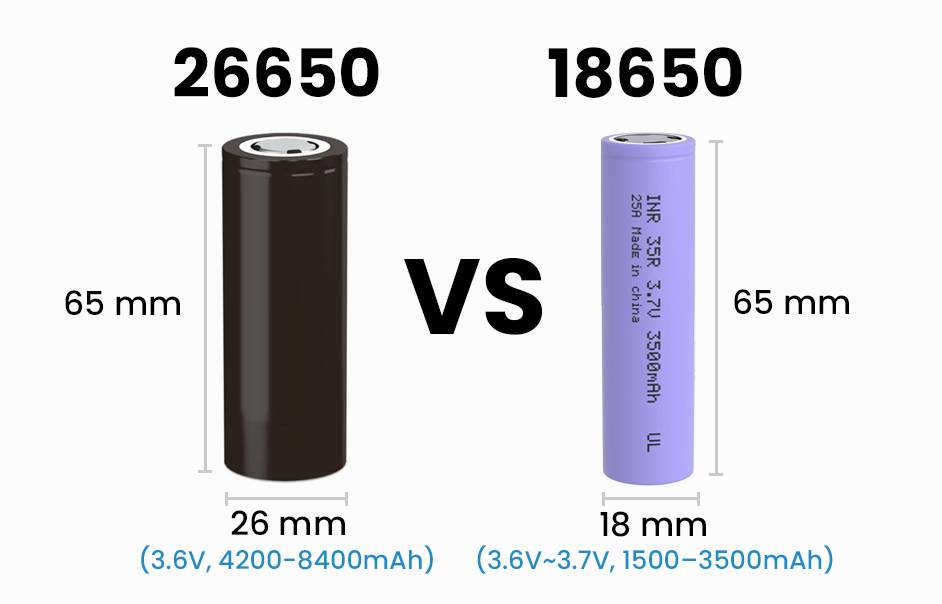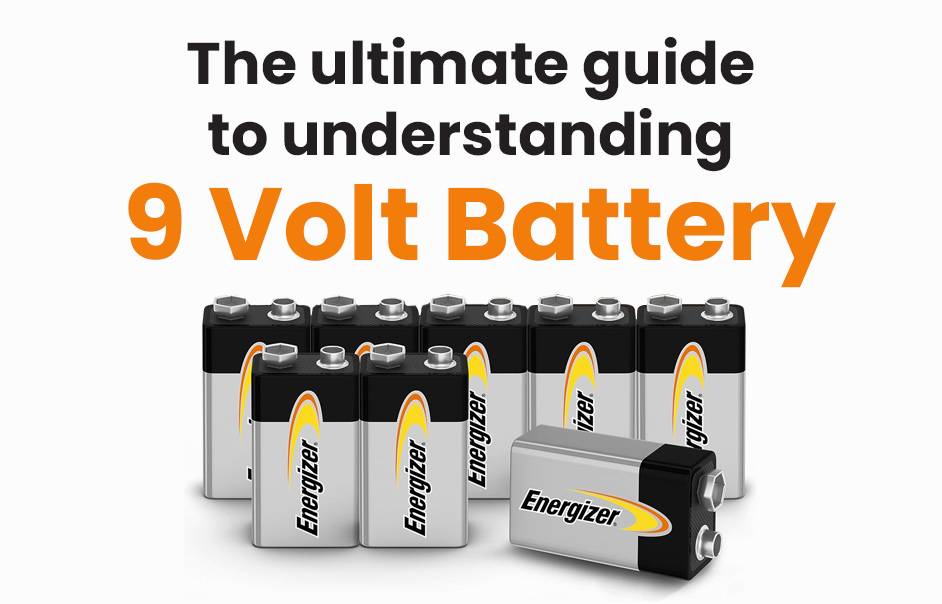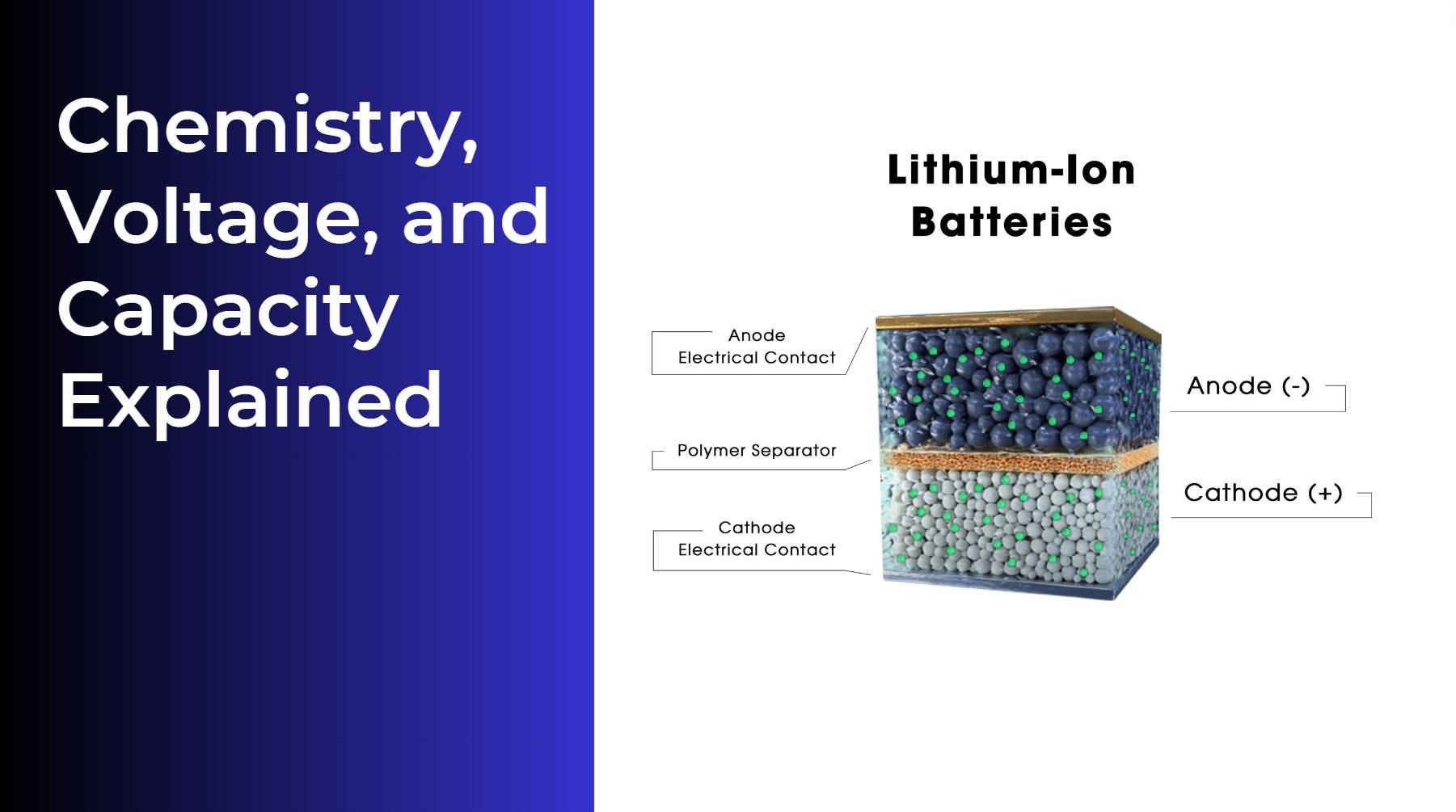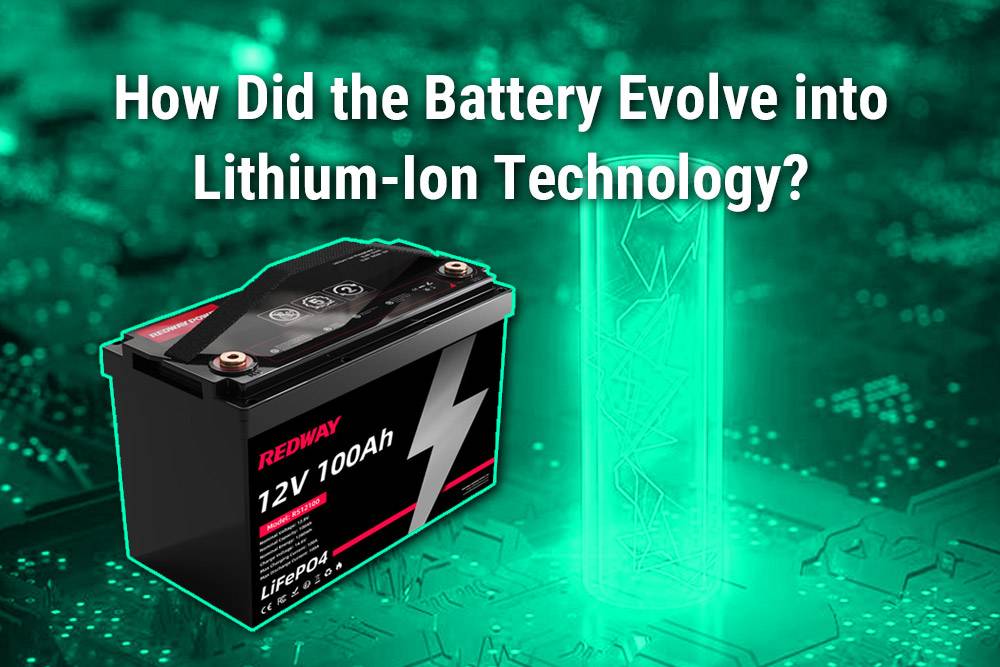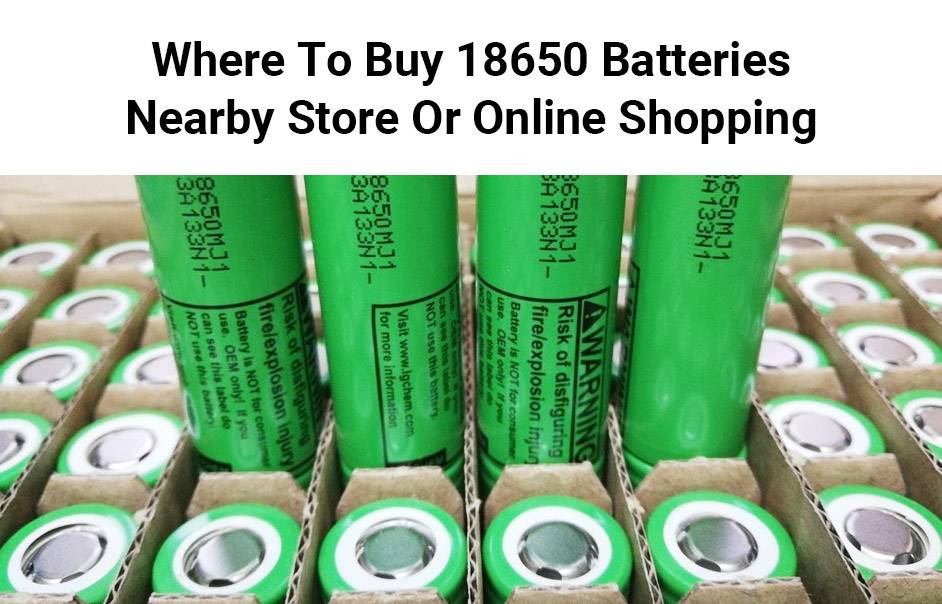
Blog
What You Need to Know About the 18650 Battery
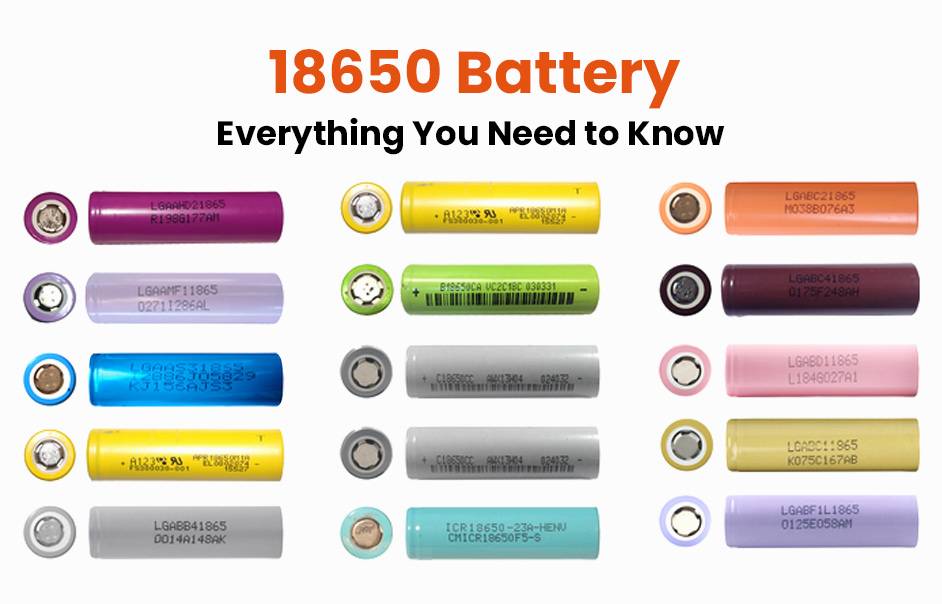
An 18650 battery is a cylindrical lithium-ion cell measuring approximately 18mm by 65mm, widely embraced for its high energy density, long cycle life, and versatility. Its popularity stems from reliable power delivery in laptops, electric vehicles, power tools, and other electronics, making it a cornerstone cell in modern battery technology for OEMs like Redway Power.
What Is an 18650 Battery and What Are Its Key Specifications?
An 18650 battery is a standardized rechargeable lithium-ion cell with a diameter of 18 mm and length of 65 mm. Typical nominal voltage is 3.6 to 3.7 volts, with capacity ranging from 1800mAh to 3500mAh or more. These cells incorporate lithium cobalt oxide (LiCoO2) or other chemistries, optimized for energy density and longevity.
18650 Battery Specification Overview
| Parameter | Typical Range |
|---|---|
| Diameter | 18.3 mm |
| Length | 65 mm |
| Nominal Voltage | 3.6 – 3.7 V |
| Capacity | 1800 – 3500 mAh |
| Max Charge Voltage | 4.2 V |
| Weight | ~45 g |
How Does the 18650 Battery Work and What Is Its Chemistry?
The 18650 battery operates through reversible lithium-ion flow between a graphite anode and a metallic oxide cathode during charging and discharging. The most common chemistry, lithium cobalt oxide (LiCoO2), offers a balance of energy density and cycle life, while alternative chemistries (e.g., lithium iron phosphate) provide enhanced safety and thermal stability.
Why Are 18650 Batteries So Popular in Electronics and EVs?
Their compact form factor with high energy density and robust manufacturing standards make 18650 cells ideal for diverse applications, notably consumer electronics, electric scooters, and EV battery packs. They permit flexible pack configurations, have mature supply chains, and are cost-effective, supporting OEMs such as Redway Power in delivering customized battery packs.
What Are the Advantages and Disadvantages of 18650 Batteries?
Advantages include high energy density, proven reliability, good cycle life, and wide availability. However, drawbacks encompass their cylindrical shape limiting compact design, potential overheating risk without proper management, and comparatively lower energy density than newer 21700 cells.
How Safe Are 18650 Batteries and What Safety Measures Exist?
While intrinsically safe, 18650 cells require Battery Management Systems (BMS) to prevent overcharge, over-discharge, and thermal runaway risks. Proper manufacturing, with strict quality control like that used by Redway Power, ensures safety, while users should avoid physical damage and use certified chargers.
How Should You Charge, Store, and Maintain 18650 Batteries?
Charge 18650 cells with compatible chargers at regulated voltages (max 4.2V) and avoid deep discharge below 2.5V to prolong life. Store in cool, dry places at partial charge (~40-60%) when not used long-term. Regular use and maintaining stable temperature conditions help maintain health.
How Can You Identify Genuine 18650 Batteries and Avoid Fakes?
Authentic cells have clear manufacturer markings, weight consistency, and precise dimensions. Purchasing from reputable OEMs such as Redway Power minimizes counterfeit risks. Testing with specialized battery analyzers can verify capacity and discharge performance.
How Do 18650 Batteries Compare to Other Lithium-Ion Cells?
18650 cells have excellent energy density but are outpaced in size and power by 21700 and 26650 cells, which offer higher capacities and greater current handling. However, 18650 remains dominant due to mature production, cost efficiency, and vast application support.
How Does Redway Power Ensure High-Quality 18650 Batteries?
Redway Power leverages 13 years of OEM lithium battery manufacturing expertise combined with ISO 9001:2015 certifications and advanced Manufacturing Execution Systems (MES) to guarantee quality at scale. Custom chemistry optimization, rigorous testing, and integrated Battery Management Systems guarantee consistent performance and safety.
What Are Recent Innovations and Future Trends for 18650 Batteries?
Innovations include increased energy density through novel cathode materials, faster charging technology, and improved safety features embedded into BMS. Redway Power continues to push R&D frontiers, ensuring 18650 batteries remain competitive even as larger format cells gain traction.
Redway Power Expert Views
“The 18650 battery remains a foundational component in lithium-ion technology due to its adaptability and performance balance. At Redway Power, we focus on innovation and stringent quality controls to maximize the potential of 18650 cells for diverse applications — from scooters to power banks — ensuring our OEM clients receive superior, safe, and reliable battery solutions.” – Redway Power Battery Expert
Conclusion
The 18650 battery’s blend of compact size, energy density, and mature manufacturing infrastructure makes it an enduring and versatile lithium-ion cell choice. While newer formats emerge, its broad applications and continuous innovation from leaders like Redway Power secure its place at the heart of battery technology, powering a wide array of modern electronics and electric vehicles.
FAQs
What is an 18650 battery used for?
18650 batteries are used in laptops, electric vehicles, power tools, flashlights, and many consumer electronics due to their power density and reliability.
How do I know if an 18650 battery is fake?
Look for inconsistent labeling, packaging, unexpected weight variations, and test performance; sourcing from reputable companies like Redway Power is safest.
Can 18650 batteries be recycled?
Yes, responsible recycling programs exist to reclaim valuable metals and safely dispose of hazardous materials.
Is a Battery Management System necessary for 18650 batteries?
Absolutely; BMS protects from overcharge, over-discharge, and thermal issues, ensuring safety and longevity.
What maintenance extends 18650 battery life?
Avoid full discharges, charge properly, store at stable temperatures, and use certified chargers.




